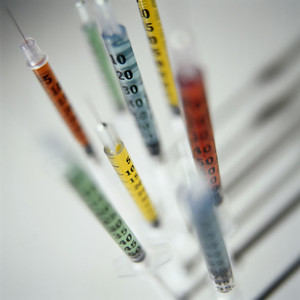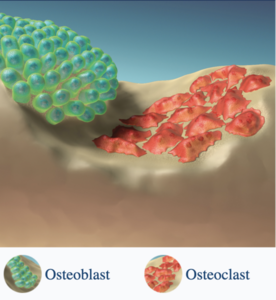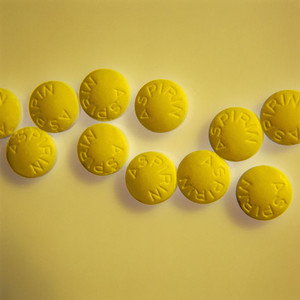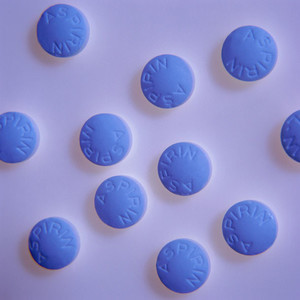Toronto-based pharmaceutical firm Apotex has won a stay of execution for its nasal spray generic product after a US District Court in New Jersey, USA, turned down a patent infringement claim by Merck & Co’s Schering-Plough unit.
The Merck-Schering originator drug Nasonex (mometasone furoate monohydrate), on which the Apotex generic drug is based, is used for the relief of nasal allergy symptoms of congestion, sneezing, and itchiness. Apotex had filed a patent application with FDA in 2009 for a generic version of Nasonex on the basis that the Apotex formulation lacked water and was sufficiently different from the originator. Merck then lodged a patent infringement claim against Apotex. The court also dismissed a counterclaim from Apotex that Merck’s patent was invalid.
Apotex has yet to issue a public statement about the outcome. Merck spokesman Mr Ron Rogers however was quoted as saying ‘we’ll very likely appeal and seek an injunction,’ adding that, ‘as far as we know, the FDA has not approved Apotex’s application. We do not expect generic[s] competition near-term.’
Global sales of Nasonex were US$1.3 billion in 2011 and US$375 million in the first quarter of 2012, according to Reuters.
Apotex has a broad portfolio of more than 260 generic pharmaceuticals in approximately 4,000 dosages, sold in 115 countries, with worldwide sales exceeding CAD 1 billion, according to the company website. Apotex is already considered a major outside player in the US pharmaceutical market, where the share of generics is likely to continue to rise, according to a recent report by market research.
The company is no stranger to patent infringement battles. In February 2012, for example, Apotex had to pay US$442 million damages in settlement with Sanofi and Bristol-Myers Squibb following a 10-year dispute over infringement of the patent for blood thinning product Plavix (clopidogrel bisulfate) [1]. This sum represented approximately 50% of the net sales of the generic drug over a 3-week ‘at-risk’ launch period in August 2006.
However, the settlement was a drop in the ocean compared to the sales figures for Plavix, which topped US$6 billion in 2010. The patent for Plavix expired on 17 May 2012, opening the gates to Apotex and other manufacturers of generic clopidogrel to gain a market share [2]. On the same day, FDA announced approval of new generic versions of clopidogrel, including from Apotex. The approval covers use in patients who have had a recent heart attack or stroke, or have partial or total blockage of an artery (peripheral artery disease).
Editor’s comment
Readers interested to learn more of the EU country experiences and perspectives of generic clopidogrel usage are invited to visit www.gabi-journal.net to view the following two peer reviewed articles published in GaBI Journal, 2012, Issue 2:
What lessons can be learned from the launch of generic clopidogrel?
Generic clopidogrel–the medicines agency’s perspective
If you are interested in contributing a research article in a similar area to GaBI Journal, please send us your submission here.
Related article
Apotex loses fight over Plavix patents
References
1. GaBI Online - Generics and Biosimilars Initiative. Apotex clopidogrel at-risk launch costs US$442 million [www.gabionline.net]. Mol, Belgium: Pro Pharma Communications International; [cited 2012 Jun 29]. Available from: www.gabionline.net/Generics/News/Apotex-clopidogrel-at-risk-launch-costs-US-442-million
2. GaBI Online - Generics and Biosimilars Initiative. 2012’s biggest patent expiries [www.gabionline.net]. Mol, Belgium: Pro Pharma Communications International; [cited 2012 Jun 29]. Available from: www.gabionline.net/Policies-Legislation/2012-s-biggest-patent-expiries
Source: Bloomberg, FDA, Market Research, Nasdaq, Reuters








 0
0











Post your comment